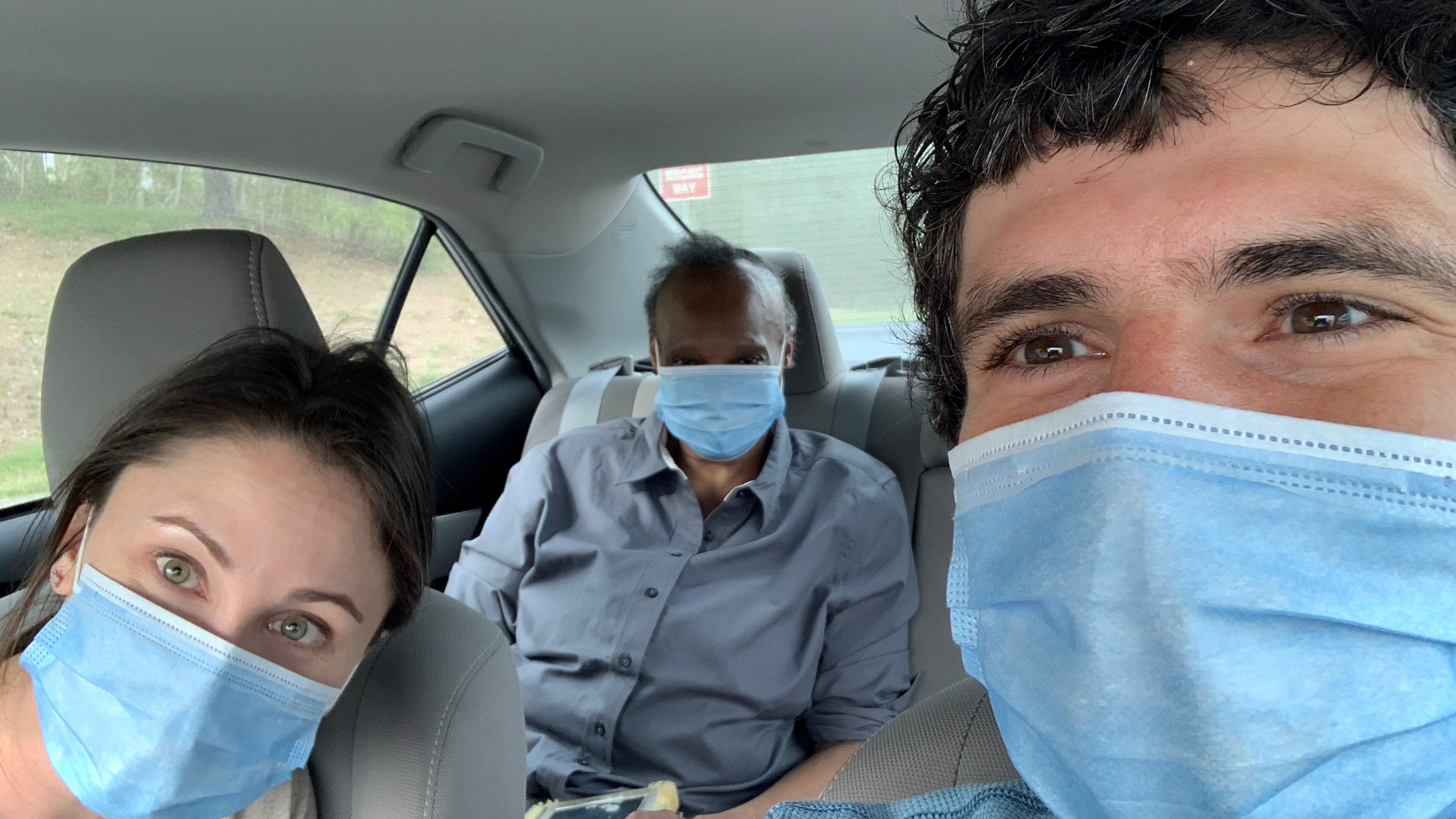Judge: Flawed bite mark evidence used in wrongful conviction

During closing arguments at trial, the prosecution conceded it couldn’t convict Sheila Denton of murder without bite mark testimony given by a forensic dentist.
That dentist, Thomas David, had testified for the state that Denton was the “probable biter” of the “probable bite mark” found on murder victim Eugene Garner, whose body was found in his Waycross home on May 21, 2004. Also, David testified, Garner was the “probable biter” of a “bite mark” found on Denton.
With that evidence in hand, a Ware County jury convicted Denton of the murder. She was sentenced to life in prison.
But on Wednesday, after spending almost 16 years in custody, Denton walked out of the Arrendale State Prison in Alto with a renewed presumption of innocence. On Feb. 7, Ware County Superior Court Chief Judge Dwayne Gillis granted Denton’s extraordinary motion for a new trial. In a 25-page order, Gillis thoroughly discounted the bite mark testimony and said if Denton were to be tried again, new evidence would probably produce a different verdict.
Denton, who remains under indictment, was allowed to remain free on her own recognizance, a bond condition agreed to by the district attorney’s office.
"We are so appreciative," said Southern Center for Human Rights lawyer Mark Loudon-Brown, who believes in Denton's innocence. "This is a huge relief."

Loudon-Brown and fellow Southern Center lawyer Katie Moss drove to the prison on Wednesday to pick up Denton. The 53-year-old woman will stay with her son and two grandchildren in Riverdale.
“It is our hope the district attorney will not retry her,” Loudon-Brown said. “They don’t have the evidence. The right thing to do is dismiss this case.”
Ware DA George Barnhill, whose office opposed Denton’s new trial motion, did not respond to emails seeking comment.
During a hearing in 2018, Denton’s legal team called upon two experts in dentistry, Cynthia Brzozowski and Adam Freeman. In his order, Gillis noted that the two witnesses said they were there free of charge and out of an obligation to fulfill their ethical and civic duties.
Both testified they had once believed bite mark evidence could be useful, but scientific advances and the growing number of wrongful convictions attributable to such testimony had changed their minds.
Brzozowski said David’s testimony at Denton’s trial would not be permitted now and also was inconsistent with today’s understanding of bite marks. Brzozowski added that she couldn’t even determine if the injuries on Denton and Garner were “human bite marks.”
Freeman not only corroborated Brzozowski’s testimony, he said that, based on his expert opinion, neither mark in Denton’s case constituted a bite mark.
David was also called to testify during the 2018 new trial hearing. He conceded that his testimony today would be different from what he gave years before. He also admitted that, today, he would not compare the marks on Garner with Denton’s teeth because it was uncertain what caused the injury.
In his order, Gillis said the orthodontic profession’s recognition of the inadequacies of bite mark evidence is profound and undisputed. “Proven unreliable scientific evidence should never serve as the basis of a conviction and should be dealt with by the courts when it is found,” he said.


